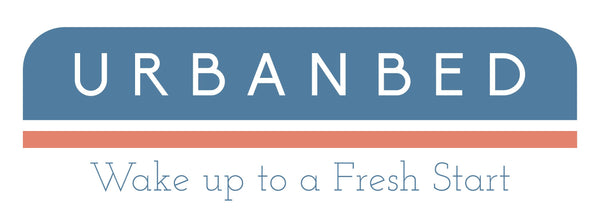Not being able to sleep is one problem. And then there is another level of problem that frighteningly disrupts your sleep. If you have swiped the web, reading and researching about all kinds of sleeping disorders, insomnia may seem normal to you.
No offence, in no circumstances, we are pointing out that those suffering from insomnia do not face a hard time. We only mean to say that those suffering from sleep paralysis, nightmare disorder, sleeping beauty syndrome, sleep hallucinations, parasomnia, etc. face a harder time. They do not just fight with not being able to sleep, but with the demons in the head as well.
What Is Parasomnia?
Parasomnia is a type of sleeping disorder that causes abnormal behaviour while you are sleeping or are just about to wake up. The impact of these sleeping disorders lingers in your brain, disrupting your normal life even after you wake up. The abnormal behaviours, as a result of the parasomnia, can occur during any stage of the sleep cycle. It can also occur during the transition between wakefulness to sleeping or the other way round.
Types Of Parasomnia
Parasomnias include various disorders that derange or reduce the quality of sleep. Some of the common types of parasomnia disorder are:
-
Sleep Walking:
Sleepwalking is a parasomnia that occurs in the early stages of sleep. It can include any action that a person performs while sleeping that they have no memory of.
-
RBD - REM Sleep Behaviour Disorder:
This sleep disorder occurs during the REM stage of the sleep cycle. Those suffering from RBD can be very harmful to themself as well as those sleeping around them. In this disorder, the patient acts out his dream in reality and then has no clue about it after waking up.
-
Sleep Talking:
Sleep talking is a type of parasomnia disorder that results in quiet mumbling to loud shouts while you are asleep. It can be repetitive and can occur several times in a night.
-
Nocturnal Sleep-Related Eating Disorder:
A sleep-related nocturnal eating disorder is linked to sleepwalking and occurs when a person eats while sleepwalking.
-
Teeth Grinding:
Strongly grinding your teeth while you are asleep is known as bruxism or teeth grinding sleeping disorder. The consequences of teeth grinding may include migraines or morning headaches.
Who Can Develop Parasomnia Disorder?
You are at a higher risk of developing parasomnia disorder if you have the following symptoms or signs:
- Have a family history of members suffering from parasomnia.
- Drug or alcohol abuse
- Suffer from stress
- Take drugs with side effects related to parasomnias.
- You have post-traumatic stress disorder (PTSD)
There are a number of other health issues and disorders that can be linked to parasomnias. These sleeping disorders can be disturbing as well as harmful if not addressed timely. However, like any other medical condition, parasomnia and types of parasomnia are treatable.
And to conclude, the best way to get peaceful sleep without nightmares and freaky sleeping disorders is by investing in the best mattress. According to the experts, your mattress and pillow play a vital role in the quality and quantity of your sleep. If you are considering buying the best mattress online, visit Urbanbed and choose from a wide range of mattresses and sleep accessories, suiting your sleeping needs and pattern because Urbanbed believes in ‘Wake up to a Fresh Start’.
Happy and Safe Sleeping…..!!

